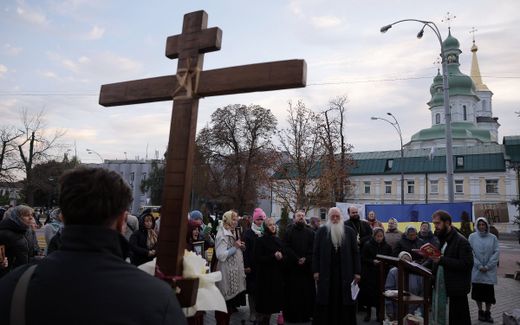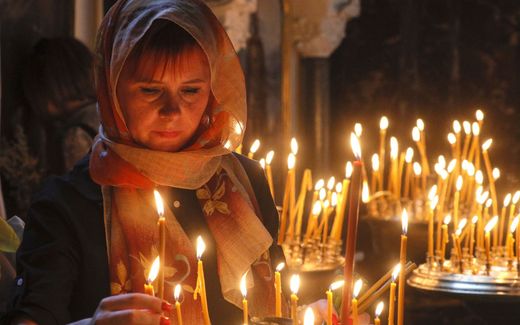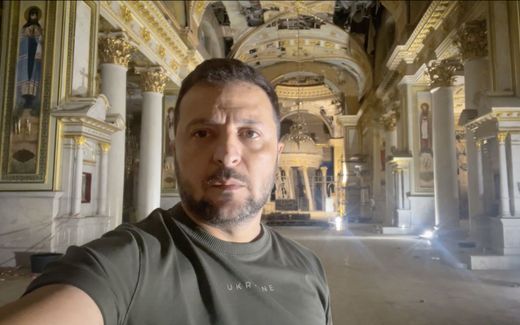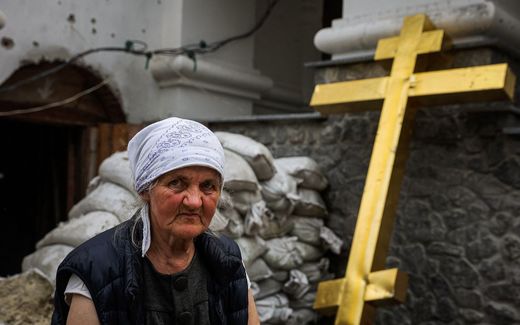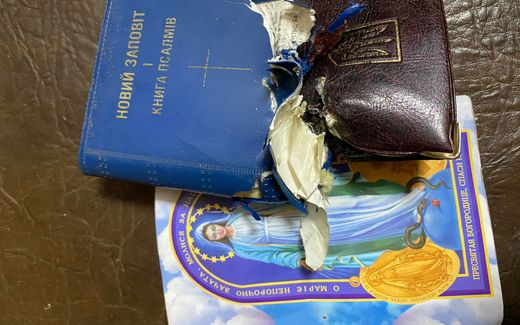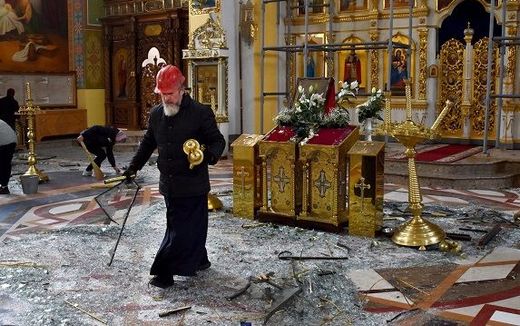International criticism grows on Ukrainian handling of church issue
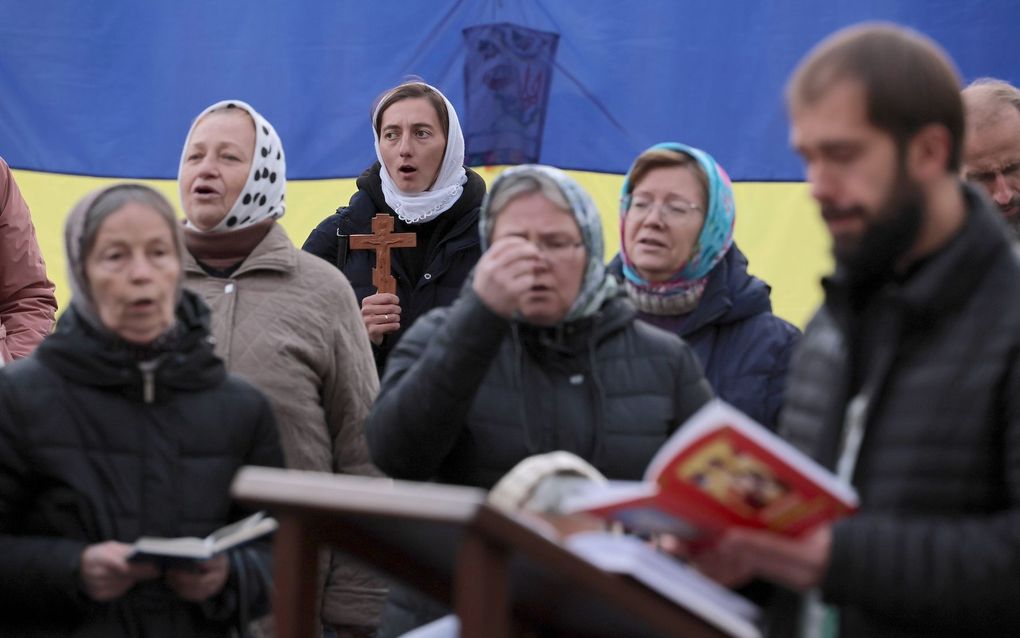
Orthodox worshipers in Ukraine. Will they keep the freedom to worship under the umbrella of the Ukrainian Orthodox Church? Photo EPA, Oleg Petrasyuk
Eastern Europe
Is Ukraine allowed to legislate for limitations on the Ukrainian Orthodox Church (UOC) because it has formal connections with the Moscow Patriarchate (MP)? Western observers doubt this.
Last week, Ilze Brands Kehris, Assistant Secretary-General for Human Rights in the Office of the United Nations High Commissioner for Human Rights (OHCHR), said in the UN Security Council that she had heard of too many incidents. There were cases of physical violence and threats resulting from disputes between parishioners of different Orthodox communities. “Regrettably, Ukrainian law enforcement’s response in these cases has been inadequate, failing to sufficiently investigate incidents and take action to protect members of the Ukrainian Orthodox Church.”
There are 68 criminal cases of collaboration with the Russian aggressors against UOC clergy members. In at least 26 cases, the OHCHR has concerns regarding the fairness of the criminal proceedings.
Brands Kehris underlines Ukraine’s duty to guarantee the full freedom of religion. The bill that is in the Verkhovna Rada to curb the position of the UOC because it has formal connections with Moscow, is too vague in its wording, she said.
“International law permits restrictions on the freedom to manifest religion only if they are prescribed by law and necessary to protect public safety, order, health or morals, or the fundamental rights and freedoms of others”, Brands Kehris said. She urged the politicians “to clearly define the specific legitimate aim of the proposed restrictions and ensure their necessity and proportionality and revise the text accordingly.”
The bill was accepted in the Verkhovna Rada in the first reading last October. The UN expert Brands Kehris says some proposed measures “could be discriminatory.”
Transition
The Russian representative, Vassily Nebenzia, called for a meeting of the Security Council. His contribution to the discussion was that Ukraine is trying to kill the traditional Orthodox faith in Ukraine since the state promotes transition to the new Orthodox Church of Ukraine (OCU). Those transitions are sometimes associated with violence. The number of transitions from the UOC to the OCU is growing, reports the Institute for Religion and Society, which Kyiv sees as a sign of unease with the UOC at the part of the ordinary believers. According to Russia, the church’s issue is at the core of the Russo-Ukrainian war.
Most other members of the Security Council criticised Russia for its church policy. Religion was used as a military weapon, most members said, by asking the church to give “ideological support” to the war. In Russian-occupied territories, almost all churches (from Orthodox and Protestant to Jehovah’s Witnesses) suffer from oppression.
The UOC’s position was also defended by the American lawyer Robert Amsterdam, whom the church hired to represent her in the West. According to the Eastern European news service Voice of America, Amsterdam says that Ukraine is violating the international right to religious freedom. “The Ukrainian government must return to the rule of law,” he said in an interview. He also complained about violence against ordinary churchgoers from people with “balaclavas”.
Unlike Western Europe, Ukraine does not have a strict separation between church and state. For this reason, the Ukrainian Orthodox Church (UOC) has a respected position in the society. But because of the formal connection of the UOC with Moscow, the government in Kyiv is afraid that this church is a channel of propaganda and disinformation from Russia. The bill in the Rada is there to curb all religious organisations that have connections with Russia. According to the present proposal, a court has to decide about the matter. Also, earlier, there have been signals from UN branches about the Ukrainian measures against the UOC.
Related Articles


